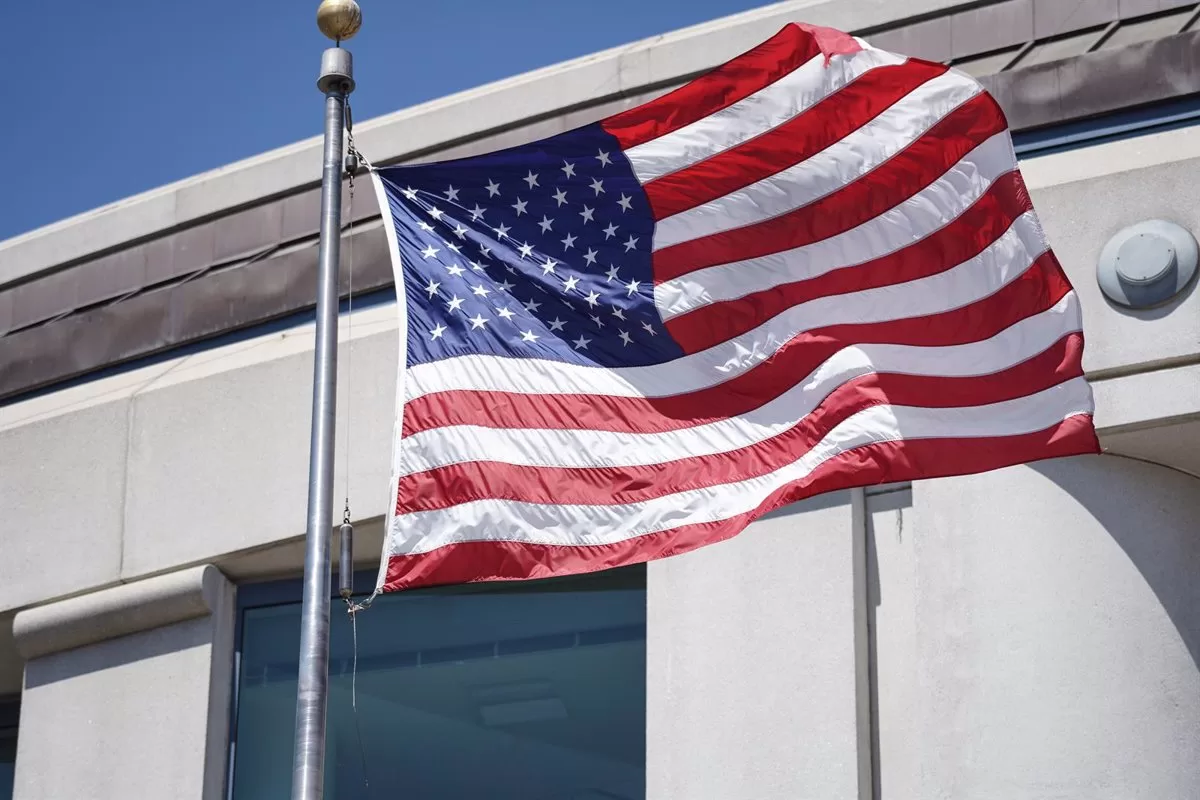MIAMI. – Freedom of the press in USA the country of freedoms, is being questioned after the scandal revealed after complaints made by Uri Berliner, editor business of NPR (National Public Radio), who worked in that medium for 25 years of his career. The journalist was suspended for five days, and without pay, for having violated entity policies that prohibit his staff from carrying out work not authorized by the network.
After this, the senior reporter of that network, who was warned of being fired if he repeated the practice, resigned. However, those familiar with what happened wonder if the true reason for the suspension of payment with which Berliner was sanctioned is due to violating this policy or specifically to the content of the published article in which the editor exposes the media outlet in public. when referring to some policies.
In a text titled “How we lost the trust of the United States,” The journalist pointed out that the chain NPR he lost his way when, in his opinion, he began telling listeners how to think. The text was published by The Free Press.
“It is true that NPR has always had a liberal leaning, but for most of my tenure here a curious and open-minded culture prevailed. We were nerds (inveterate readers), but not instinctive, activists or nags. However, in recent years that has changed. Today, those who listen NPR or read its coverage online they find something different: the worldview distilled from a very small segment of the American population,” he said.
Berliner said that, for decades, a large sector of the United States tuned into NPR in search of reliable journalism and magnificent audio pieces. He maintained that, in 2011, “although the audience of NPR “It leaned a little left, it still looked like America in general.” He said the station is liberal.
However, according to the editor’s account, by 2023, the picture was completely different: “There is no longer an open-minded spirit within NPR and now, as expected, “We don’t have an audience that reflects America.”
Trump’s image
In Uri Berliner’s controversial writing it is also pointed out that for a medium like NPR that seeks to have a broad vision, the changes were devastating for both its journalism and its business model.
“Like many unfortunate things, the promotion boom took off with Donald Trump. Like many newsrooms, his election in 2016 was received in NPR cIt’s a mixture of disbelief, anger and despair. (Just to note, I enthusiastically voted against Trump twice, but felt we were obligated to cover him fairly.) But what began as tough, direct coverage of a belligerent president committed to the truth turned into efforts to damage or overthrow the Trump presidency,” Berliner noted.
In this way, the journalist referred to rumors that the Trump campaign colluded with Russia during the elections. At this point, he said that National Public Radio was joined by Trump’s most visible antagonist, Rep. Adam Schiff. “Schiff, who was the top Democrat on the House Intelligence Committee, became NPR’s guide, its ever-present muse. By my calculations, the hosts of NPR “They interviewed Schiff 25 times about Trump and Russia.”
However, Berliner said, when the Mueller report found no credible evidence of collusion, NPR’s coverage was notably thin.
“Russiagate quietly disappeared from our programming. It’s one thing to swing and miss a big story. Unfortunately, it happens. You follow wrong leads, you’re misled by trusted sources, you’re emotionally invested in a narrative, and the bits of circumstantial evidence never add up. It’s bad to ruin a great story. The worst thing is to pretend it never happened, to move on without mea culpas or self-reflection. Especially when you expect high standards of transparency from public figures and institutions, but you don’t practice those standards yourself,” he stressed.
Omission for hearing
On the other hand, Uri Berliner maintained that there were other cases in which National Public Radio of the United States missed or omitted information of collective interest.
He noted that, in October 2020, the New York Post published the explosive report on the laptop that Hunter Biden abandoned in a Delaware computer store that contained emails about what was described at the time as “sordid dealings.”
“Just a few weeks before the elections, NPR He turned a blind eye. Here’s how NPR’s chief news editor at the time explained this idea: “We don’t want to waste our time on stories that aren’t really stories, and we don’t want to waste listeners’ and readers’ time on stories that are pure distractions.” ”, he indicated.
Different media outlets in the United States have reflected Uri Berliner’s questions about the information policies of National Public Radio.
“Uri Berliner, the editor of NPR who accused the station of liberal bias in an online essay, prompting criticism from conservatives and recriminations from many of his co-workers, has resigned from the nonprofit. “Berliner said in a social media post on Wednesday that he was resigning due to criticism from the network’s CEO, Katherine Maher,” he said. The New York Timeson April 17.
For its part, CNN reported: “Uri Berliner, a senior editor at National Public Radio who wrote a scathing online essay accusing the public radio network of harboring a liberal bias, said Wednesday that he had resigned from the outlet.” The television station said that Berliner resigned in a letter addressed to the executive director of NPRKatherine Maher.
Source: Uri Berliner/ The Free Press/


